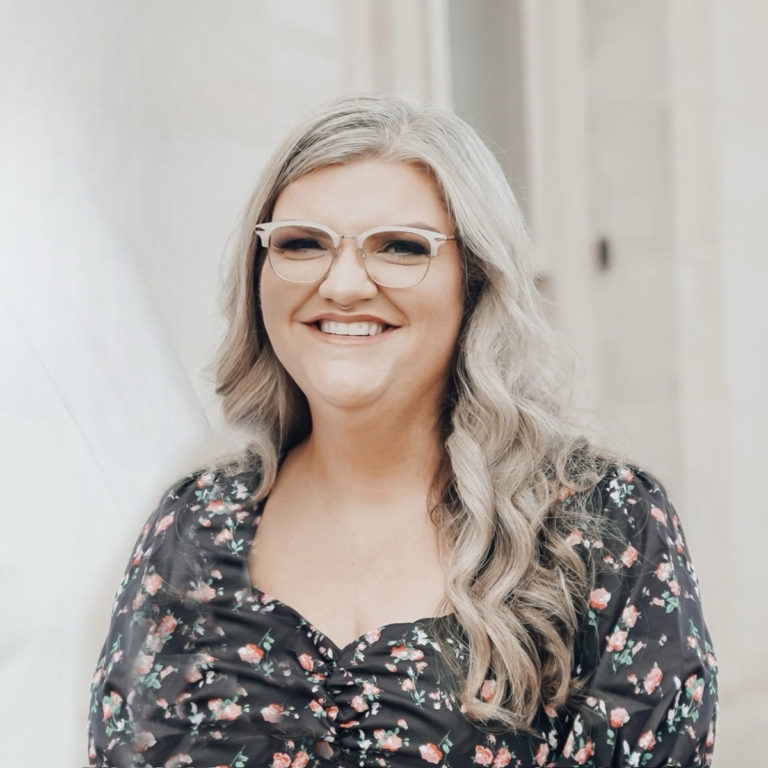AmyLynne Hicks is a Licensed Clinical Social Worker in Kentucky. She attended Western Kentucky University, where she obtained her Bachelor of Interdisciplinary Studies in 2014 and her Master of Social Work in 2017. She is currently a doctoral candidate in Social Work from University of Kentucky, with an expected graduation date of May 2024.
AmyLynne has worked in child welfare for 10 years from case manager to placement coordinator to therapist. She is currently the LCSW Supervisor at Bellewood & Brooklawn which provides foster care and family preservation services to children and families in southcentral Kentucky. As the LCSW Supervisor, she oversees the clinical therapy program which specializes in child welfare-involved populations. She is trained in Eye Movement Desensitization and Reprocessing (EMDR) and Trauma-Focused Cognitive Behavioral Therapy (TF-CBT).
The focus of AmyLynne’s career has been child welfare, and she is deeply invested in improving outcomes for children and families. Her primary focus for her Capstone Project is failed reunifications from foster care, and she has proposed adapting family systems theory to better fit families involved in the foster care system. Instead of viewing biological and foster families as separate family systems, AmyLynne proposed viewing the families as members of one larger multi-family system to promote connections between children and their biological families. Her research provides an overview of the literature surrounding factors present in both successful and failed reunifications, a conceptual framework for family systems theory in the reunification process, and ideas for increasing connection by adapting family systems theory to include multi-family systems.


